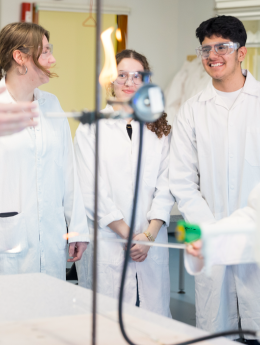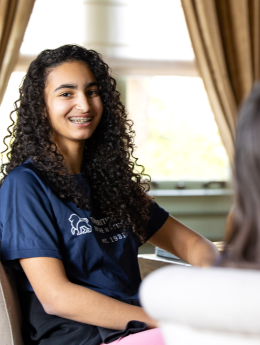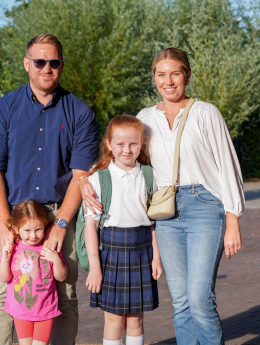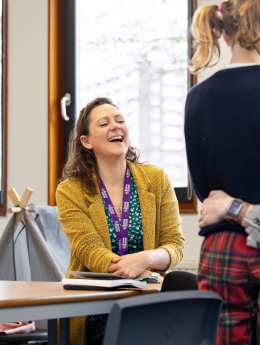Our two Junior Schools are home to children in the Early Years/Foundation Stage (age 3-5) and Junior (age 6-10). We teach the English National Curriculum.
In the Junior School, we teach a topic-based curriculum emphasising cross-curricular links.
For those unfamiliar with the British education system, please look at the junior school age overview.
This stage consists of three core subjects:
- Mathematics
- English
- Science
And a variety of foundation subjects:
- Computing
- Geography
- History
- Design Technology
- Art
- Music
- Physical Education
- Dutch (from Year 1 which continues through all Key Stages)
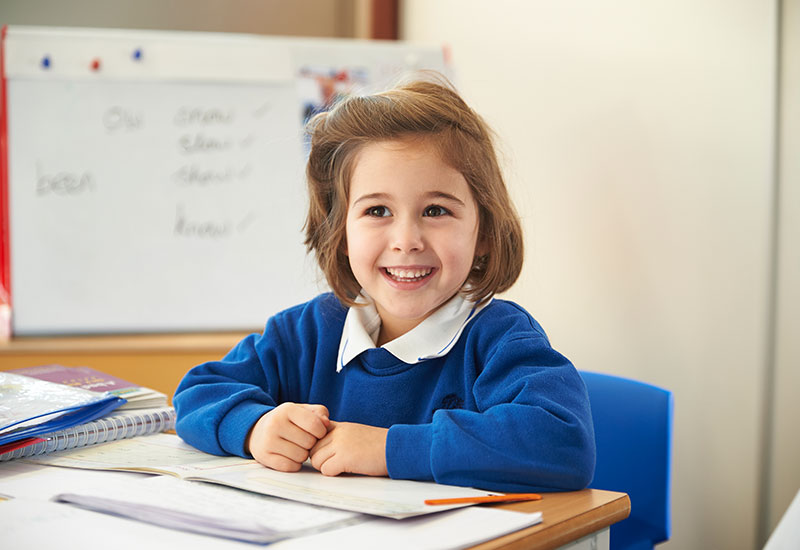
Children in Key Stage 1 are taught through a 'topic approach'. During these first two years of Junior School life, students are encouraged to learn both practically and academically and all work is monitored to ensure that students are making the desired progress. We encourage children to take pride in their achievements and adopt an independent and self-reliant approach to school. Particular attention is given to the social and emotional development of all children.
Key Stage 2 is made up of the same core and foundation subjects covered in Key Stage 1.
Year 3 & 4
- During Years 3 and 4, much of the work is ‘cross-curricular’, meaning that one theme is covered by several subjects.
- Topics are structured to allow children the freedom to explore new subjects in a stimulating way, encouraging a natural enthusiasm for more independent learning.
- In Year 3, the reading and spelling homework experienced in the previous year is supplemented with written work, which increases in Year 4.
 Years 5 & 6
Years 5 & 6
- Throughout Years 5 and 6, a greater degree of autonomy and independence is expected of the children, during which they are softly encouraged to accept new levels of responsibility and demonstrate leadership skills.
- During the latter part of Key Stage 2, subject teaching becomes more defined, especially in the core subjects of English, Maths, Science and Computing.
- As students enter Year 6, they are prepared for the subject-oriented approach of the Senior School and are expected to become more independent in planning and completing their studies. The level of homework increases to three half-hourly sessions per week, plus spelling and nightly reading.
Languages
Dutch continues throughout Key Stage 2 and in Year 6 students receive lessons in Spanish, French and German with one language covered per term across the year. These lessons are taught by specialist language teachers from the Senior School who visit each Year 6 class once a week.
Transition to Senior School
Moving from Year 6 in Junior School to Year 7 in Senior School is a big step for students and parents. All staff who work closely with the students appreciate the challenges they face in adjusting. The teachers in Year 6 help the students develop an increased level of independence and organisational skills necessary for this transition.
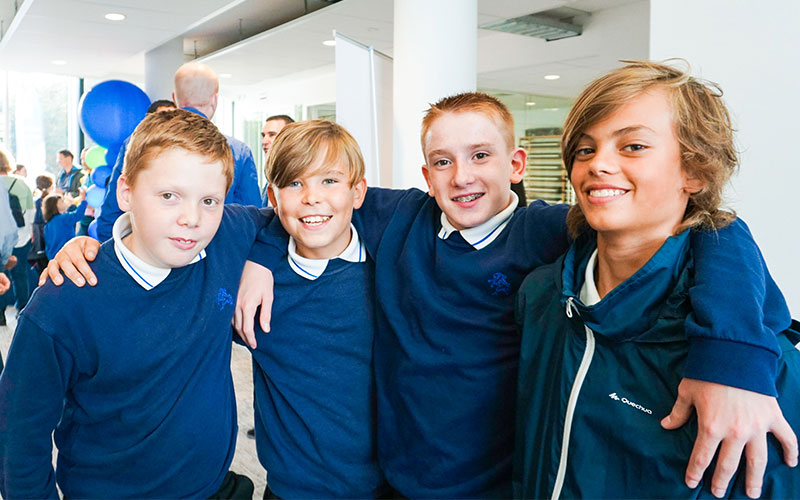
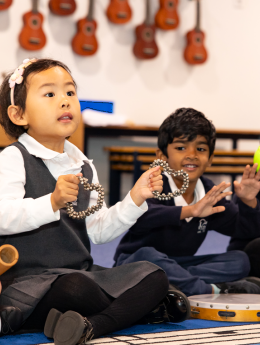

.png?command_1=resize&width_1=260&height_1=345)
